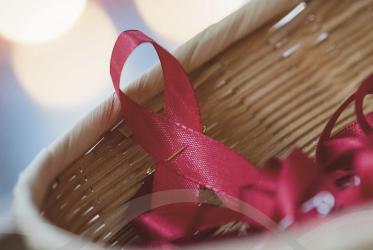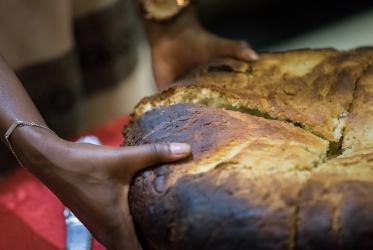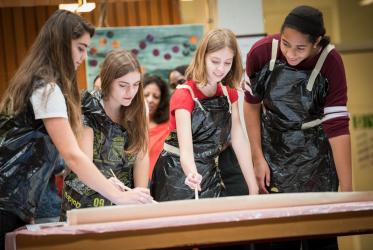Displaying 1 - 17 of 17
Faith communities vital in overcoming hunger
18 March 2020
A faith-based, holistic approach to HIV and AIDS-care
13 March 2019
Faith and HIV treatment go hand in hand
06 March 2019
Turning mercy and compassion into action
04 March 2019
On the journey to HIV – bridging gaps, debunking myths
21 February 2019
Media invite: Global collaboration on migrants, refugees and HIV
19 February 2019
WCC to ring with children’s voices across the world
16 November 2018
Tveit on the “Ten Commandments” of food
26 January 2016
















